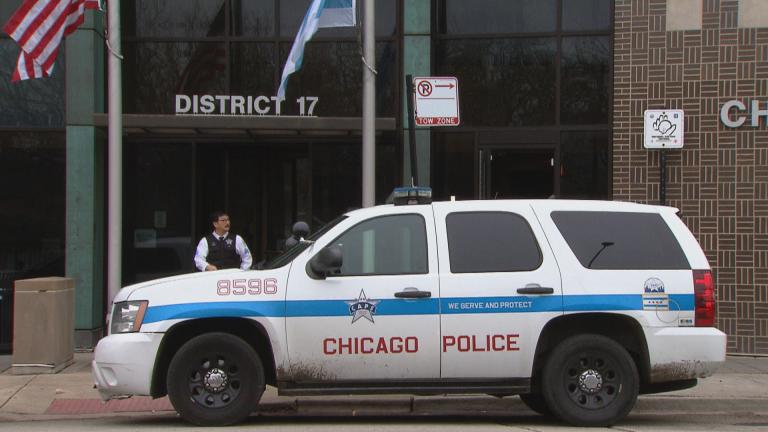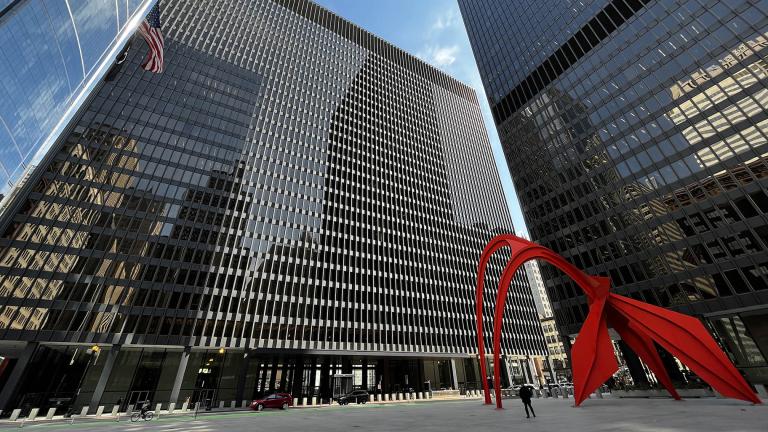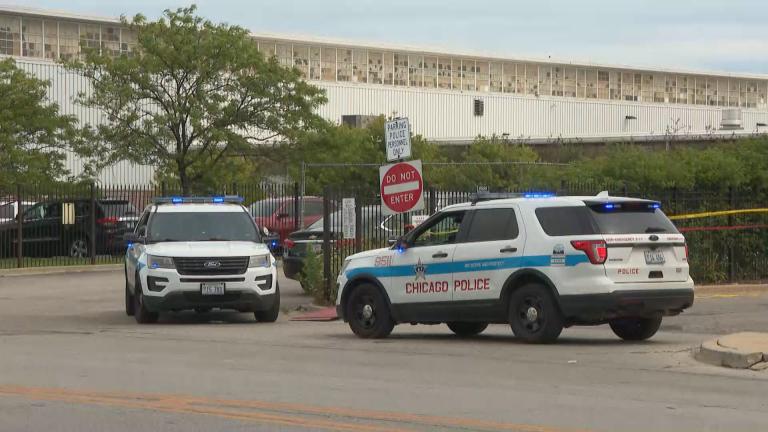The Chicago City Council voted 30-19 to extend and expand the city’s teen curfew, ratifying Mayor Lori Lightfoot’s controversial response to a spate of downtown violence among young Chicagoans.
The vote, delayed Monday by a parliamentary procedure amid a deluge of criticism, came over the objections of the ACLU of Illinois, which warned city officials that the change would “exacerbate tensions between the police and young people.”
The city’s curfew now starts at 10 p.m. seven days a week and applies to 17-year-olds. In effect since 1992, the city’s curfew had allowed teens to stay out until 11 p.m., and only covered those 16 and younger.
Supporters of the measure said it would be justified if it saved just one teen’s life.
“We hold the title of being a world class city. Madam President, I ask: How can we claim that title if we are not doing our best to make sure that the residents of the city of Chicago are safe?” asked Ald. Chris Taliaferro (29th Ward), the chair of the City Council’s Public Safety Committee.
Progressive alderpeople voted as a bloc against the extension and expansion, saying Lightfoot failed to provide any evidence or data that showed the curfew change would be effective in reducing violence or crime.
Ald. Mike Rodriguez (22nd Ward) said expanding the city’s curfew is likely to increase crime and violence.
“We need to stop trying to prevent crime based on hunches,” Rodriguez said.
Ald. Carlos Ramirez Rosa (35th Ward) said the extended and expanded curfew would actually increase crime, citing studies from Washington, D.C. and other cities.
“A vote for this ordinance is a vote to increase gun violence,” Ramirez Rosa said.
Lightfoot called that statement “offensive” and responded with sarcasm to the impassioned opposition, suggesting that it is less than “earth shattering” to move up Chicago teens' curfew by one hour and include 17-year-olds.
The vote is a victory for Lightfoot, who is under increasing pressure to stop violent crime in the Loop and along Michigan Avenue. Expected to formally announce her bid for a second term in the coming weeks, a recent poll commissioned and released by U.S. Rep. Mike Quigley, D-Chicago, while he weighed a run against the mayor found crime is the most important issue in Chicago, and only 7% of respondents said Lightfoot was effectively addressing the problem.
Lightfoot proposed the change to the city’s 30-year-old teen curfew after the murder of 16-year-old Seandell Holliday just before 7:30 p.m. May 14 in the heart of Millennium Park amid what Lightfoot called “chaos and unnecessary violence.” A 17-year-old has been charged in connection with his death.
The number of documented violations of the city’s teen curfew dropped 85% between 2021 and 2018, according to data presented to the City Council. No reason has been provided for that decline.
If an officer determines a teen has violated the city’s curfew, they are required to take them home and release them to the custody of a responsible parent or guardian. The parents of teens who violate the curfew can be cited and forced to appear before a hearing officer representing the city. The teens themselves are not cited or charged with a crime if and when they violate curfew, officials said.
The city’s curfew law authorizes Chicago police officers to “to take such minor into custody until such time as the minor’s parent, legal guardian, or other adult having legal care or custody of the minor is located and notified of the violation, and takes custody of the minor from the police. If no such person can be located within a reasonable period of time, the minor shall be referred to the appropriate juvenile authorities.”
The revised law provides another exemption to the city’s existing curfew law, which now has four exemptions.
The law exempts teens from the curfew if they are “exercising First Amendment rights protected by the United States Constitution, such as the free exercise of religion, freedom of speech, and the right of assembly”; going to or from a job or employment activity; being involved in an emergency situation; or running errands at the direction of a parent or guardian.”
Teens are now exempt from the curfew “participating in, or returning home immediately after, a ticketed or sponsored event and has documentary evidence of their attendance at such event, e.g., a ticket stub or wristband with the event name preprinted on it” from the curfew.
That would apparently allow teens to attend Lollapalooza, which is set to take place July 28 through July 31 in Grant Park, and other summer festivals and concerts.
Contact Heather Cherone: @HeatherCherone | (773) 569-1863 | [email protected]





